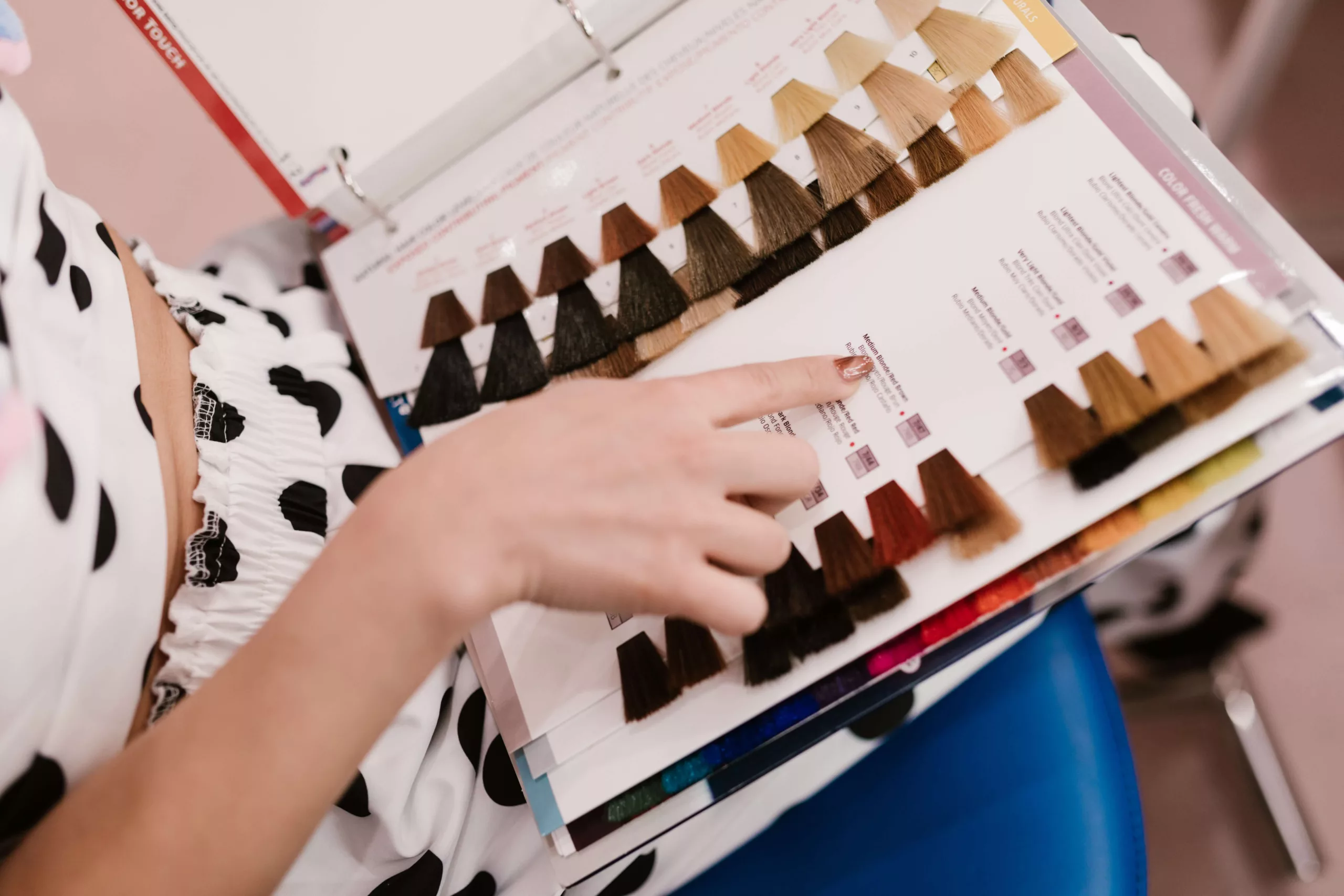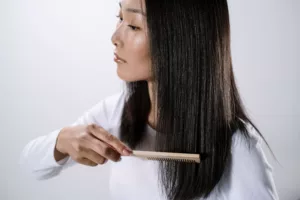

Hair Health Realities


Hair is more than just a crown of beauty; it’s a reflection of our overall health and vitality. With the plethora of information available, it’s easy to fall victim to hair health myths that can lead to unnecessary worry or ineffective practices. It’s time to clear the air and separate fact from fiction when it comes to achieving luscious locks. Let’s bust some common hair health myths and provide you with the science-backed truths you need for a strong and beautiful mane.
This widely-believed myth might have you reaching for the scissors more often than necessary. The truth is that hair growth occurs at the scalp, not at the ends. Trimming your hair regularly can help prevent split ends and breakage, which can give the appearance of faster growth, but it doesn’t actually speed up the growth process.
The saying “you are what you eat” holds true for your hair as well. Your hair requires a variety of nutrients, including vitamins, minerals, and proteins, to grow and stay healthy. Incorporating a balanced diet rich in protein, vitamins like Biotin (B7) and Vitamin E, and minerals like Iron and Zinc can contribute to strong, vibrant hair.
Brushing your hair excessively can actually cause more harm than good. Over-brushing can lead to breakage, especially if you have fine or fragile hair. Brush your hair gently and only as needed to detangle and style it, but avoid excessive brushing.
This is not a myth – heat styling tools, such as curling irons and straighteners, can indeed damage your hair. Excessive heat can weaken the hair shaft, cause dryness, and lead to breakage. Whenever you use heat styling tools, make sure to apply a heat protectant to minimize the damage.
Over-shampooing can strip your hair of its natural oils, leaving it dry and brittle. The frequency of shampooing depends on your hair type and lifestyle. For some, shampooing every other day or a couple of times a week is sufficient. Experiment to find the routine that works best for you.
A healthy scalp is the foundation of healthy hair. Regular cleansing, exfoliation, and keeping your scalp moisturized contribute to overall hair health. Avoid using harsh shampoos that can strip your scalp’s natural oils and consider incorporating scalp massages to stimulate blood flow.
Cutting gray hair doesn’t affect the growth of new gray hair. Gray hair is a result of the reduction of melanin production in the hair follicles, and cutting it won’t change this biological process.
Stress can indeed have an impact on your hair. Stress can lead to hair shedding, thinning, and even hair loss conditions like telogen effluvium. Practicing stress-reducing techniques, such as meditation, exercise, and proper sleep, can contribute to maintaining healthy hair.
Plucking one gray hair won’t lead to more gray hairs growing in its place. However, excessive plucking can damage the hair follicle over time, potentially leading to hair thinning.
Genetics significantly influence your hair’s thickness, texture, and growth patterns. If your parents or grandparents experienced hair thinning or hair loss, you might be more susceptible to similar conditions. While you can’t change your genetic makeup, you can take steps to care for your hair and maintain its health.
Wearing hats doesn’t directly cause hair loss. However, hats that are overly tight or dirty can potentially lead to hair breakage or scalp irritation. Opt for hats with a comfortable fit and ensure you maintain good scalp hygiene.
Separating hair health myths from facts is crucial for maintaining a healthy and vibrant mane. By understanding the science behind these myths and truths, you can make informed decisions about your hair care routine. Remember that every individual’s hair is unique, so it’s essential to tailor your hair care practices to your specific needs. Embrace the truths and let go of the myths to enjoy strong, beautiful hair that reflects your overall well-being.
Sustainable Shades For many DIY enthusiasts and design aficionados, a fresh coat of paint is…
Cruelty-Free Solutions for a Healthier You Chronic inflammation can be a relentless foe, disrupting our…
Unleashing Your Brain's Potential In today's fast-paced world, maintaining sharp mental focus and cognitive agility…
Exploring DIY Organic Makeup Fixers For the eco-conscious beauty enthusiast, the quest for flawless makeup…
A Sensitive Exploration The clean beauty movement has taken the beauty world by storm. Consumers…
Taming the Mane Frizz – the bane of smooth hair dreams. It can transform a…
This website uses cookies.